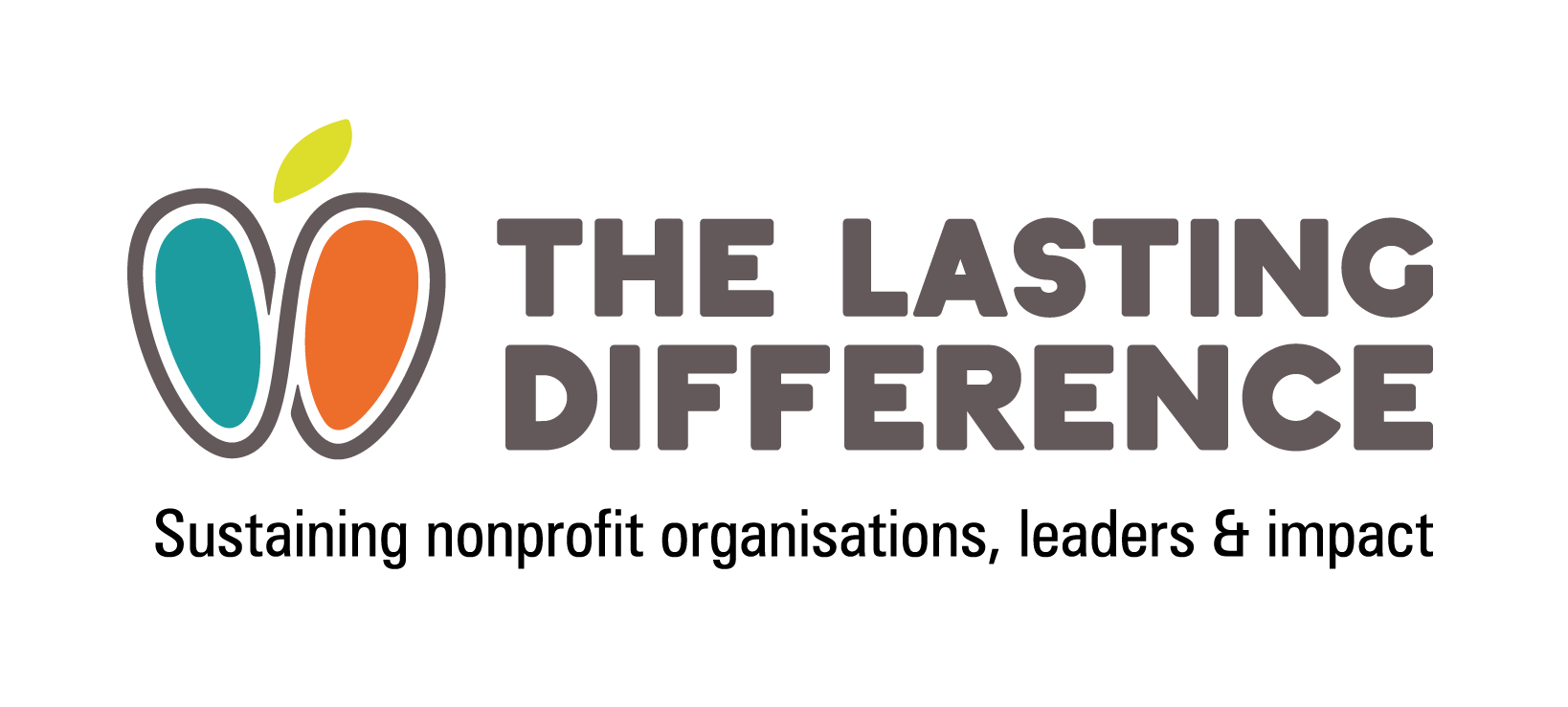Next month we’ll share a free new resource to help nonprofit leaders and their organisations. ‘Lasting Leadership’ builds on some simple principles, set out below. It features four capabilities, introduced at the foot of this page. We’ll feature each in a weekly article in the run up to launching the guide at The Gathering on 19th Feb.
 Time is our most precious resource, but we don’t protect or use it well.
Time is our most precious resource, but we don’t protect or use it well.
As with other resources, our time is limited – spending more time on one thing means spending less on another. If we want to develop sustainable leadership, time must be given to development, planning for the unplanned, sharing knowledge and learning. It will never happen otherwise. Think of time being invested rather than spent.
The exhilarating side of leadership get fetishized – the exhausting reality gets ignored.
Leadership is often portrayed as exciting, visionary, creative and inspiring. But the day-to-day reality of leadership is hard work. It requires managing expectations, juggling competing priorities, pushing against the status quo, and, at times, making unpopular decisions. It can be exhausting, isolating and overwhelming. Sustainable leaders need regular opportunities to connect with their purpose and vision, to sustain their focus and not get pulled out of shape.
Organisations that care for people, society and the environment don’t always care for themselves.
Most people who work in the sector are driven by a passion to make a difference. This passion drives them to do the best (and most) they can. A 2019 survey[1] showed that Chief Executives regularly worked an additional 10 hours each week unpaid – equating to an extra three months’ work per year. It is not only CEOs that do this. Over time this impacts on wellbeing, leads to exhaustion and results in serious health problems. Sustainable leaders look after themselves and the people around them.
The more that managers try to control, they more resistance they encounter.
One of the core messages about sustainable leadership is that organisations should avoid over-reliance on one leader. This suggests that sharing and devolving power is key to success. But this requires those who hold the power to be willing to let go of some of their control. And of course, for those who are asked to take on more responsibility to have the support, time and capacity to do so. CEOs often speak about their desire to delegate. In practice, this delegation often isn’t easy, and managers don’t always like the results of what emerges when people start to have control. Sustainable leaders know what to let go of.
Sustainable leadership requires:
Providing coordination, not control
Giving information, not instruction
Offering challenges, not certainty
Seeking commitment, not conformity
Delegation requires trust, but without delegation, trust won’t exist.
For succession and devolved leadership to succeed, managers need to be willing to truly trust their teams to deliver. But if leaders don’t step back, no-one will be ready to step up. But if no-one is ready, leaders won’t step back. Opportunities for development and delegation are therefore critical to build trust and leadership capacity.
Organisations that promote social justice and equality don’t always embody those values in their approach to leadership
The non-profit sector is values-based – equality, diversity and inclusion are the foundation of many organisations’ vision and ethos. But inequalities still exist in third sector leadership and governance. Two-thirds of the non-profit workforce are women[2] but almost two thirds of Trustees are men[3]. In this context, leadership should not be discussed without acknowledging its gendered nature. Alongside this, people who face additional barriers to power are underrepresented in leadership roles. There is more to be done to ensure equalities in leadership are addressed, particularly in senior and governance roles. Seeing leadership through the lens of feminism and equalities is essential to increasing the diversity and sustainability of leadership in organisations and the sector.
We can sum up these challenges in six key principles. Sustainable leadership:
1. Requires time. Leaders and teams need time and space for development, planning, sharing knowledge and learning.
2. Connects with vision and purpose. Sustainable leaders focus on work that sustains their purpose and vision.
3. Prioritises self-care. Leaders needs to give themselves, and their teams, permission to take time for self-care. Self-care is as an essential part of the job – not a perk or a luxury.
4. Devolves authority and shares power. Managers must be willing to relinquish some control. And teams need to have regular opportunities to build their leadership knowledge, skills and experience.
5. Builds capacity. Sustainable leaders trust themselves to let go. They trust their teams to step up. Teams need to trust that their leaders will support their efforts and decisions.
6. Requires equality and diversity. Leadership roles must be open to all. Policies and structures should encourage inclusion and be reflective of our society.
The Lasting Leadership guide translates these principles into a new definition of sustainable leadership:
Developing system, organisational and individual capacity
to enable leaders to emerge, evolve and excel.
It is made up of four elements, each of which I’ll feature in a weekly article in the run up to the launch of Lasting Leadership in February:
Succession planning: part of an organisational approach to capacity building, shared ownership and delegation. It is not about identifying and grooming successors.
Lateral leadership: people taking ownership, autonomy, and accountability regardless of their role or place in the hierarchy.
Next generation leadership: Making the sector attractive to emerging leaders is key to future leadership sustainability.
Leadership as an equalities issue: Addressing inequalities requires focused attention and sustained action if leadership in the sector is to be truly equal and diverse.
[1] https://www.charitytimes.com/ct/charity-ceos-overworked-acevo-survey-finds.php
[2] UK Civil Society Almanac 2019, NCVO
[3] Taken on Trust, The Charity Commission, Cass Business School and Worshipful Company of Management Consultants, 2017.
